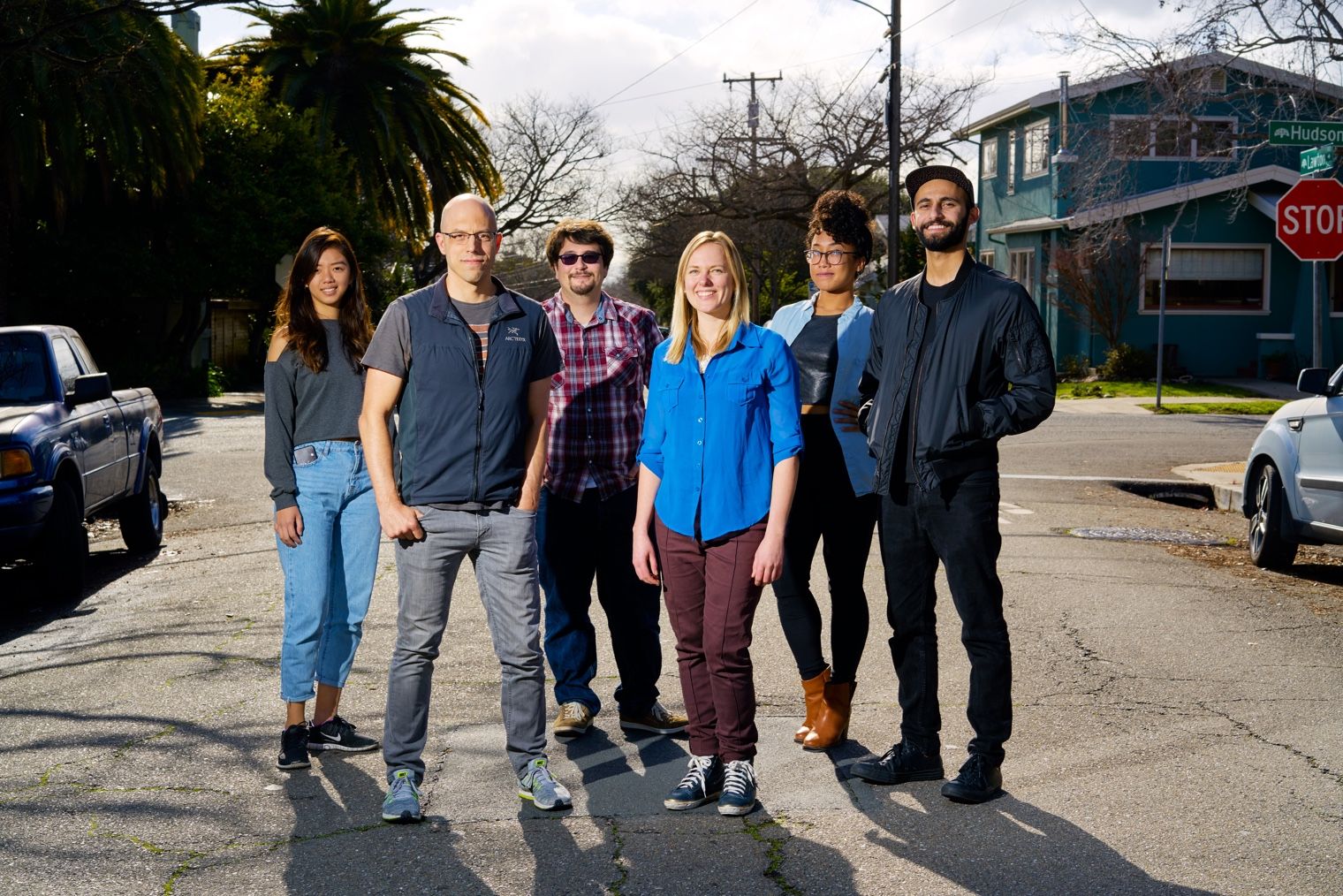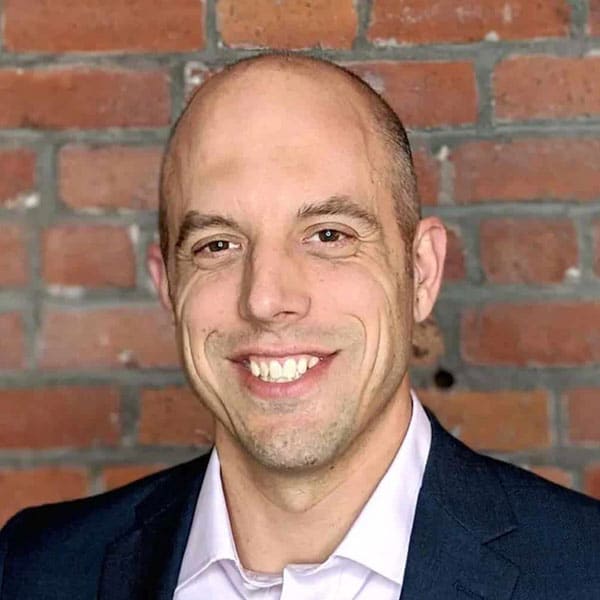
Building Great Teams
As a small startup, recruiting and building a great team is the most important thing you’ll do. It’s also one of the most difficult. I’m competing with Facebook, Google, and other companies for the best talent in the world every day. I’ve got pamplemousse La Croix in the fridge, but no Michelin star chefs, office massages, or Aeron chairs 😉 That makes recruiting tough and recruiting for diversity tougher.
Over the last few years, I’ve seen many in leadership roles talk about the importance of diversity and inclusion, but frankly, when it comes to startups, I still see very little action behind those words. Recruiting is a big part of what I do every day and I speak to candidates with diverse backgrounds several times a week. Unprompted, I hear stories of the pressures of “being the only woman,” “drinking companies with a software problem,” and other topics that don’t allow them to bring their best selves to work.
Before we even started Elevate Security, we wrote down the core values we wanted to have in the company. To some that may sound weird, but to me, it set the tone for every decision we make every day. Your values and your vision are the compasses for your company.
Diversity was one of those values.
Building Better Software
Right now, we’ve got a 50/50 gender split. Different ethnicities. Different religions. Different cultural, social, and economic backgrounds.
What’s that give us?
Better empathy. Better perspective. Better products for our fantastic and fervent customers.
As Yonatan Zunger said in a great Medium post, engineering is the “art of fixing problems.” Building software for diverse groups of people isn’t easy. I really liked how Yonatan put it:
“Fixing problems means first of all understanding them — and since the whole purpose of the things we do is to fix problems in the outside world, problems involving people, that means that understanding people and the ways in which they will interact with your system is fundamental to every step of building a system.”
At Elevate Security, we build software for all types of people and we need a team that reflects that.
Everyone Has Biases
I’ve seen many companies start prioritizing diversity when they’re 20, 50, or 100 employees in. The challenge of doing that too late is that your company’s values and early thinking have already started to solidify. What I commonly see is founders hiring for employees “like them.” It’s not surprising; we all have unconscious biases where we gravitate towards things we find familiar.
Went to the same school as you? Comfortable.
Grew up in the same city? Comfortable.
Same ethnicity? Religion? Gender?
You get the picture.
So, you’re 100 people into your company. You look around at the 100 white dudes and proclaim “we need to be more diverse!” The problem is: you’ve either already lost that battle or have a huge mountain to climb. How do you think diverse candidate #1 feels? …Isolated? …Different? …Misunderstood? Probably some form of most of these — at least that’s what I hear from people I speak to in this position.
At Elevate we made sure we lived our values from day 1. Easier said than done though. Hiring for more diverse backgrounds amongst underrepresented groups, particularly for engineering talent, requires a focused effort from the outset. It’s not something you’ll stumble across one day and say “Hey, we’ve got a pretty diverse team… not sure how we did that!”
How’d We Do It?
I’d tell you my “tricks” or “hacks” for getting to where we are, but the reality is they’re not “tricks” or “hacks” at all. If you truly believe diversity is important, you’ll find a way to make it a priority. Here are some of the things we’re doing:
- We took a step back and looked at our potential blind spots and biases. As a startup, it’s important to continually evaluate our team as it grows and think through what ways we can maintain and improve our diversity.
- We looked at our job descriptions very early on for highly charged words like “rockstar,” “ninja,” and “dominate.” Textio and other tools are very helpful for getting feedback on language that is more inviting to a wider range of candidates.
- As best as we can, we take an extra look at candidates who have diverse backgrounds. I probably average 30 seconds reviewing most resumes, but for candidates with diverse backgrounds I’ll spend 5+ minutes, digging more deeply to find where they may fit.
- We talk through our company values with candidates and share experiences. An interview is a chance for both sides to learn. The more time I spend with a candidate, the more I can understand how their background and diversity helps round out our team. It’s not just about technical chops!
- As students with more diverse backgrounds finish STEM degrees, we’re finding greater diversity in recent grads. Now, I can’t fill every role with someone junior, but I can certainly optimize filling those positions with more diverse backgrounds.
- Next on our list is to start building relationships at universities that historically have more diverse backgrounds of students. Doing that will help tremendously in building a more robust pipeline of candidates.
As you’d expect, hiring someone is just the first step. Once you’ve brought someone on, finding the right mentor(s), supporting them, and giving them opportunities for growth are all equally important.
Great People, Great Results
What we’ve found is that as candidates see the investments we’ve made in diversity, it’s proactively attracting candidates who share our values. It’s turning out to make the recruiting side of my role easier, which is great! That’s coupled with actual results — we’ve been nailing our milestones on product and sales and what we’ve released is loved by our customers.
As the old saying goes, “A lot of different flowers make a bouquet” and we’re making something beautiful and effective together that we hope will have a lasting impact on how people view security today.
Maybe someday we’ll have Aeron chairs 😉











